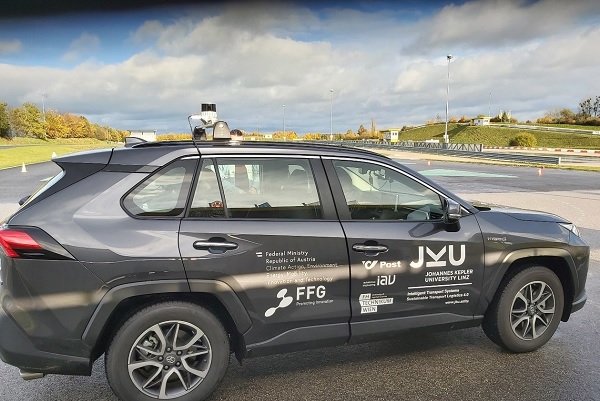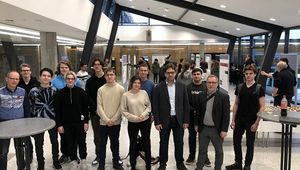Cruising into a driverless future is on the horizon and while the technical aspect is fascinating, there is much to explore when it comes to man-machine interaction.

In this regard, various factors are being identified that will influence the use of automated features. Most of the research conducted to-date has been based on laboratory-controlled conditions using driving simulators since they provide a safe testing environment for advanced driver assistance systems (ADAS). Now it's time to take it all outside. The Austrian Automobile, Motorcycle and Touring Club (ÖAMTC) is currently testing Toyota vehicles that have extended autonomy capabilities at their test-driving centers in Teesdorf and in Marchtrenk.
Prof. Olaverri-Monreal explains: "The technology eliminates the need of a driver to control the vehicle, although the driver can take control of the vehicle when necessary. We are studying the impact this kind of system has on drivers and their driving performance."
As the JKU is conducting the research together the FH Technikum in Vienna, what could be more natural than paying the partner institution a visit with the JKU’s vehicle?
Chair for Sustainable Transportation Logistics 4.0
The chair for Sustainable Transportation Logistics 4.0 is conducting research on implementing systems based on exchanging information between vehicles, infrastructure and people, using digital technologies based on automation and sensor technology as well as taking human behavior into account. The chair is funded by the Austrian Federal Ministry for Climate Protection, Environment, Energy, Mobility, Innovation and Technology (BMK), the Austrian Research Promotion Agency (FFG), the University of Applied Sciences Technikum Vienna, the Austrian Post AG and the engineering service provider of the automotive industry IAV Ltd. in Germany and IAV France S.A.S.U.









